In recognition of National Stroke Week (31 August - 6 September), we caught up with researchers across the Faculty to get a snapshot of stroke research taking place in Health and Behavioural Sciences.
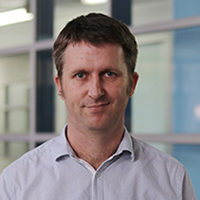 Professor David Copland
Professor David Copland
School of Health and Rehabilitation Sciences
Professor Copland's research is focused on the improvement of outcomes for people with post-stroke aphasia (language and communication disability), including language rehabilitation trials, neuroimaging of aphasia recovery, implementation of new aphasia treatments into clinical practice, and development of the Queensland Aphasia Research Centre (QARC).
 Dr Annie Hill
Dr Annie Hill
School of Health and Rehabilitation Sciences
Dr Hill's research focuses on translating evidence-based aphasia therapy for telerehabilitation delivery, including a project which aims to determine the feasibility, usability, acceptability, and efficacy of delivering a comprehensive high-dose aphasia therapy via telerehabilitation into the home of people with post-stroke aphasia, as well as the feasibility of asynchronous telerehabilitation for post-stroke aphasia and technology-enabled self-management of aphasia. Dr Hill also leads a Community of Practice for telehealth delivery of communication and swallowing services post-stroke.
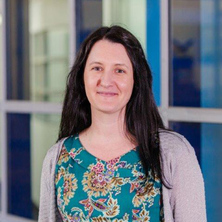 Dr Sarah Wallace
Dr Sarah Wallace
School of Health and Rehabilitation Sciences
Dr Wallace's research focuses on achieving meaningful outcomes for people with post-stroke aphasia. Key projects include: co-design of Australia's first Aphasia Centre, driving quality improvement in aphasia services through the development and implementation of a minimum dataset, understanding best practice from the perspective of people living with aphasia, and technology-enhanced aphasia therapy.
 Dr Sonia Brownsett and Professor David Copland
Dr Sonia Brownsett and Professor David Copland
School of Health and Rehabilitation Sciences
Currently investigating how the health of the brain before a stroke can influence both the extent of and recovery from language difficulties experienced after a stroke, as well as which aspects of the brain’s structure and function can provide more reliable predictors of language recovery and response to therapy.
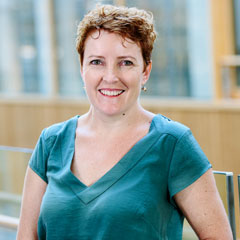 Professor Sandy Brauer
Professor Sandy Brauer
School of Health and Rehabilitation Sciences
Professor Brauer is a physiotherapist who has led research into the rehabilitation of arm function and physical activity after stroke for over 20 years, funded by major granting bodies. Current trials focus on increasing intensity of practice after stroke via self-management, treadmill training, exercise programs, and non-robotic devices, measuring the impact of these interventions using technology such as accelerometers and wearable devices, and ascertaining the underpinning mechanisms for change using techniques including brain stimulation and blood biomarkers.
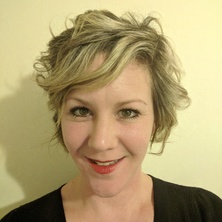 Dr Hannah Gullo
Dr Hannah Gullo
School of Health and Rehabilitation Sciences
Evaluation of a post-stroke fatigue management guideline implemented in community-based rehabilitation, mapping the natural trajectory of cognitive recovery in the acute phase post-stroke using serial computerised assessment, feasibility of hybrid technology (robotics, sensor therapy, virtual reality) for improving upper limb function in adult neurological rehabilitation.
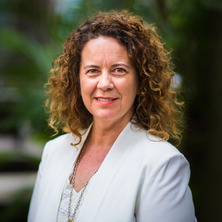 Associate Professor Gail Robinson
Associate Professor Gail Robinson
School of Psychology
Following a stroke, many people experience difficulties in thinking skills which can improve spontaneously within the first 3 months following a stroke, or can remain for many months or years. For effective rehabilitation planning, it is important to determine difficulties that may improve with time, and difficulties that are likely to persist. Current research aims to identify early predictors of long-term cognitive and functional performance up to 1-year post-stroke. It is hoped that this will assist both health care providers and individuals who have experienced a stroke in planning for rehabilitation and the future.



